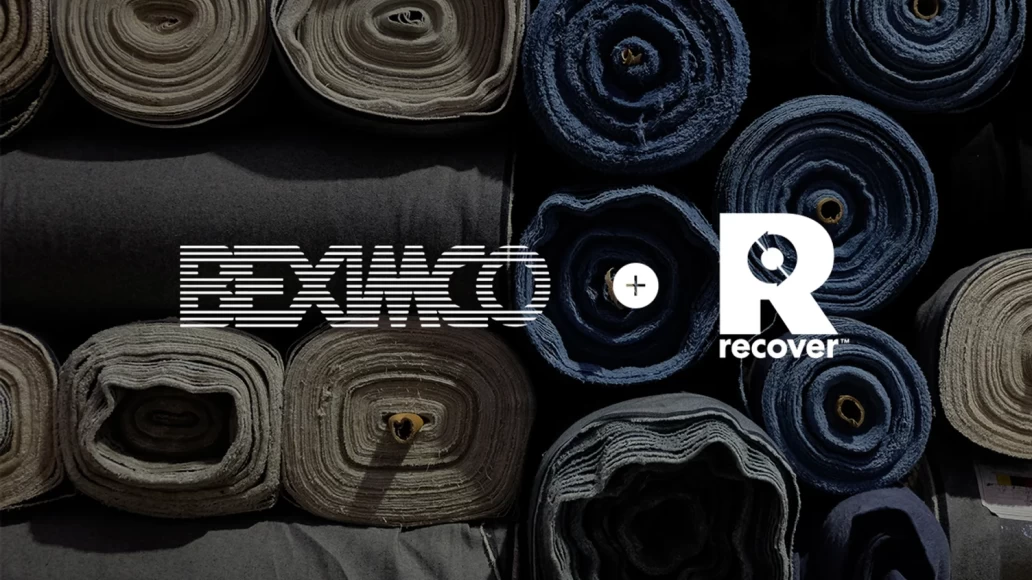BEXIMCO and Recover™ implement a circular, sustainable system
Date: October 25, 2022
Source: Recoverfiber.com

Sights set on Bangladesh
Bangladesh is the world’s second-largest apparel exporter of ready-made garments. And due to the country’s available infrastructure and new technology initiatives, the number of exports is expected to keep growing. In 2019, Bangladesh produced approximately 577,000 tons of waste from its ready-made garment factories and fabrics mills, according to an estimate from Circular Fashion Partnership (CFP). Of this, 250,000 tons was 100% pure cotton waste, making the country one of the largest cotton waste-producing regions in the world.
Not only is Bangladesh one of the primary producers of textile waste but is also one of the biggest importers of textile fiber. In 2019 alone, the country brought in 1.63 million tons of staple cotton fiber worth $3.5 billion. Due to its key role in the fashion production industry, we knew we had to get in on the ground level.
The sustainable approach
Luckily, we have found sustainably-minded allies, like Bangladesh-based conglomerate, Beximco, who are determined to create a circular future for fashion.
One of the global leaders in sustainable fashion manufacturing, Beximco puts sustainability and circularity at the heart of its operations. The company has laid out a direct approach to solve the growing quantity of waste through its 3 Ps: Planet, People and Profit.
Some of its sustainable practices include:
Using advanced manufacturing and supply chain management solutions Digitalizing design proposals to reduce waste of physical samples Employing environmentally-friendly practices to reduce water usage by up to 70% Reusing 30% of its water capacity for irrigation and farming Partnering with us at Recover™ on a new program by using recycled raw materials
Beximco and Recover™: a strategic alliance
Both Beximco and Recover™ are two key players at different stages of the textile value chain with decades of experience in each of our respective fields.
As a leading materials science company and global producer of low-impact, high-quality recycled cotton fiber and fiber blends, our goal is to expand the use of our proprietary technology so we can close the loop on fashion. And thanks to partnerships and backing by STORY3 Capital and Goldman Sachs, we have been able to set our sights on global expansion, opening new facilities in key textile hubs around the world in strategic locations like Central America, Brazil, Turkey, India, and Southeast Asia.
Beximco’s commitment to sustainability coupled with its impressive presence in Bangladesh made it the perfect partner. By combining our expertise, we are taking an important step towards solving Bangladesh’s textile waste problem and establishing a closed-loop industry.
Circular solutions to scale
Thanks to our alliance with Beximco, we have been able to build a super-hub in Bangladesh – the largest textile recycling facility in the country. Strategically placed in Dhaka, this facility is close to both the supply and demand as well as the textile waste, reducing the carbon impact of transportation, lowering the environmental impact, and minimizing the fiber import dependency.
The facility comes fully equipped with our proprietary machinery, as well as RColorBlend installation -- our innovative technology that provides fiber blends with color, with a lower environmental impact.
Our partnership also allows Beximco to offer the market the highest-quality denim, woven and knit fabrics made with 5-30% RCS/GRS verified recycled fiber; a completely transparent supply chain; and sustainable fabric production techniques in dyeing and finishing.
Taking circularity mainstream
And we are taking this collaboration mainstream. We have already worked together on important brand collaborations, including our recent sustainable t-shirt collection launched by Fruit of the Loom®. This collaboration is key to showcasing how a materials science ingredient brand and an established fashion brand can partner to take circularity mainstream. Read more about this collaboration here.
